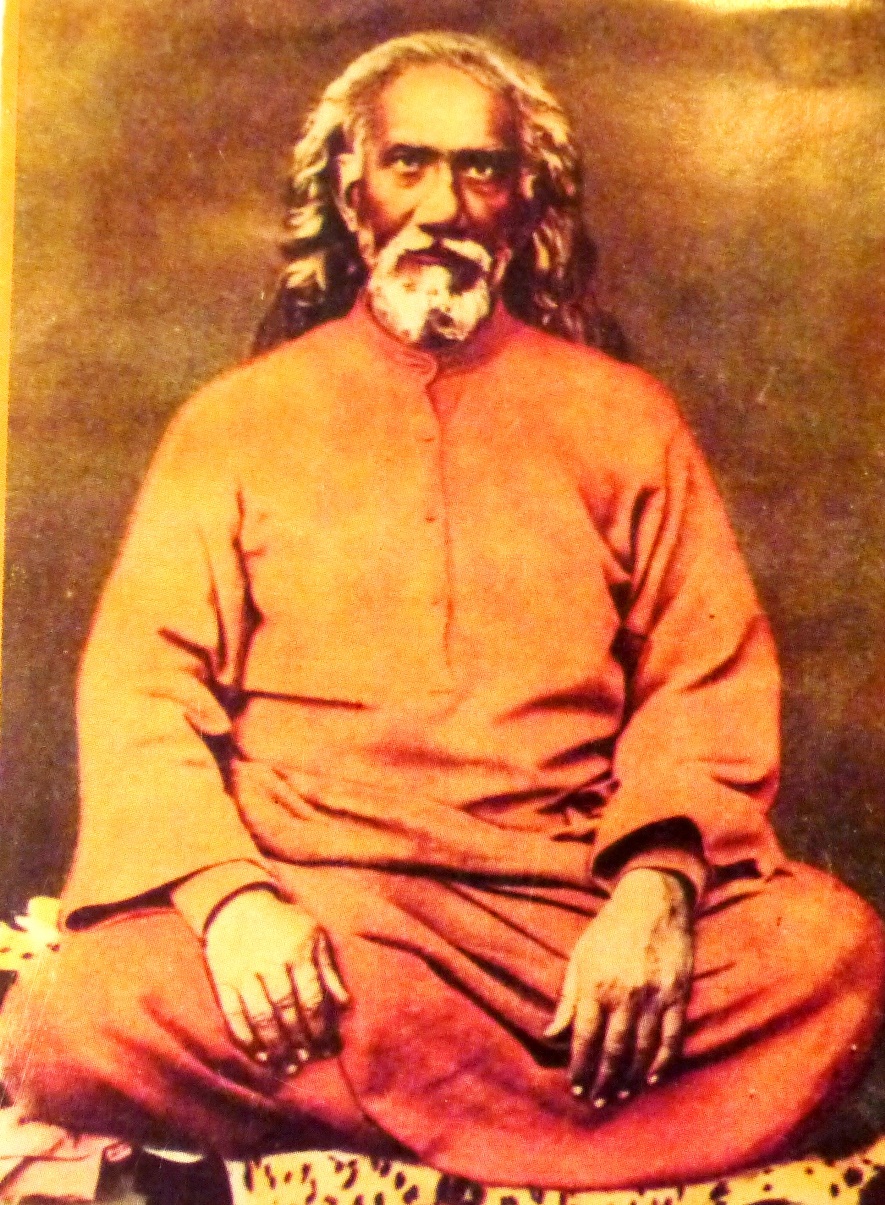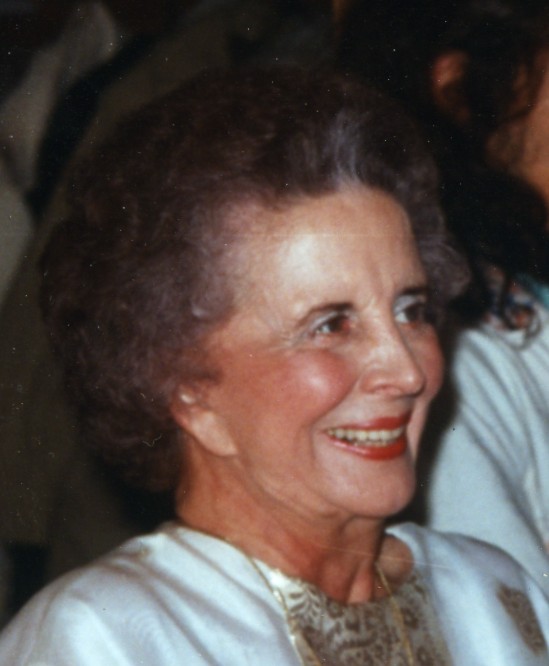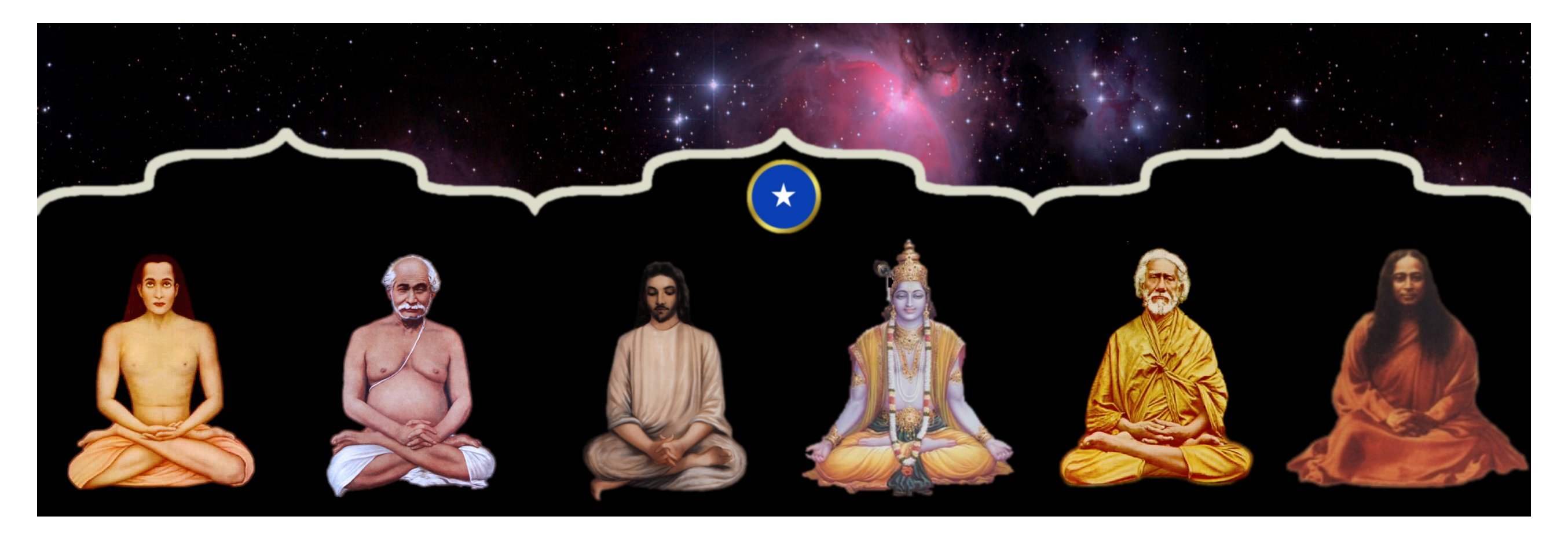
We have completed a remarkable four day retreat at Loon Lake; the focus: a meditation upon the life and teachings of the great master, Sri Yukteswarji. We took snippets from the great master’s life and applied them to our own sadhana, our daily spiritual practice. One of the area’s that resonated deeply was on the topic of ahimsa, harmlessness. We began with a story from the Autobiography of a Yogi:
It was the gentle hour of dusk. My guru was matchlessly interpreting the ancient texts. At his feet, I was in perfect peace. A rude mosquito entered the idyll and competed for my attention. As it dug a poisonous hypodermic needle into my thigh, I automatically raised an avenging hand. Reprieve from impending execution! An opportune memory came to me of one of Patanjali’s yoga aphorisms—that on ahimsa (harmlessness).
“Why didn’t you finish the job?”
“Master! Do you advocate taking life?”
“No; but the deathblow already had been struck in your mind.”
“I don’t understand.”
“Patanjali’s meaning was the removal of desire to kill.” Sri Yukteswar had found my mental processes an open book. “This world is inconveniently arranged for a literal practice of ahimsa. Man may be compelled to exterminate harmful creatures. He is not under similar compulsion to feel anger or animosity. All forms of life have equal right to the air of maya. The saint who uncovers the secret of creation will be in harmony with its countless bewildering expressions. All men may approach that understanding who curb the inner passion for destruction.”
“Guruji, should one offer himself a sacrifice rather than kill a wild beast?”
“No; man’s body is precious. It has the highest evolutionary value because of unique brain and spinal centers. These enable the advanced devotee to fully grasp and express the loftiest aspects of divinity. No lower form is so equipped. It is true that one incurs the debt of a minor sin if he is forced to kill an animal or any living thing. But the Vedas teach that wanton loss of a human body is a serious transgression against the karmic law.”
We took time to find that place inside where we would wish or do no harm—towards another or ourselves. In the heat of the moment, when in an intense interaction, can you maintain an attitude of not wanting to strike out physically, verbally, or even in thought? Ahimsa can only come by being established in an unshakable calm, even come to the point of spiritual evolution where every thought, word and action is saturated with the inward flow of God-consciousness.
When going deeper into the life of any great spiritual master we think on that one, meditate upon him, and we may somehow touch the fabric of his or her being. The presence and grace of the great lion of Bengal, Sri Yukteswarji, was experienced by retreatants, some had deep transformative experiences. We are blessed by having this great God-man as part of our para-param guru lineage—as a fully realized master he easily transcends time/space barriers, and even the shut door of death is no obstacle to devotee and master when in deep inner communion with God.





